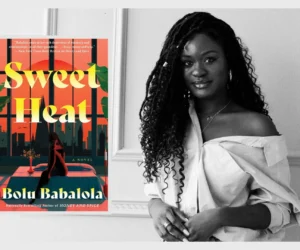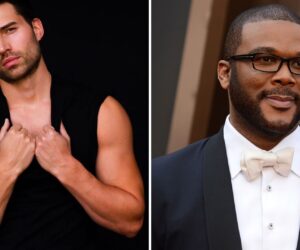
You want to be a screenwriter, yeah, and you’ve got stories burning inside you. You’ve maybe read a book or two about three-act structure, bought some screenwriting software, and stared at that blank page, wondering where to begin.
But here’s something every successful screenwriter knows: The best screenwriting education doesn’t come from books alone; it comes from watching great films with the eyes of a writer, not just a viewer.
This article is your film school syllabus, a comprehensive guide to the essential films every beginning screenwriter should watch, organised by what each film teaches, why it matters, and where you can watch it right now.
READ THIS: Screenwriter vs. Scriptwriter: What’s the difference?
Structure & Storytelling Fundamentals
Casablanca (1942)
Written by: Julius J. Epstein, Philip G. Epstein, Howard Koch
If you only watch one film to understand perfect screenplay structure, make it Casablanca. This is the film that proves you don’t need to reinvent storytelling; you need to master it.
Every element of this screenplay is calibrated to perfection. The setup is economical yet complete; within minutes, you understand who Rick is, what he wants (to be left alone), what he needs (to care about something again), and what stands in his way.
The character introductions are masterclasses in efficient exposition. The dialogue is quotable without being showy. The romance feels epic despite limited screen time.
Where to Watch: HBO Max, HBO Max Amazon Channel, and for rental/purchase on Amazon Video and Apple TV.
READ: You’re a screenwriter but don’t like to write: here’s how to overcome writer’s block
Groundhog Day (1993)
Written by: Danny Rubin, Harold Ramis
Groundhog Day is a structural masterpiece disguised as a comedy. The film takes a high-concept premise (man relives the same day repeatedly) and uses it to explore character transformation, theme, and what it means to become a better person.
This screenplay teaches you that structure is more than formulas; it’s about choosing the right structure for your story. The repetitive time loop structure serves the theme perfectly: growth requires repetition, failure, learning, and ultimately, change.
The Godfather (1972)
Written by: Mario Puzo, Francis Ford Coppola
Often called the greatest film ever made, The Godfather is essential viewing for understanding how to write epic, multi-generational storytelling without losing intimacy and character focus.
The screenplay balances a huge cast, multiple storylines, and complex themes while maintaining crystal-clear character motivations and emotional stakes. It’s a masterclass in pacing, knowing when to slow down for character moments and when to accelerate toward explosive action.
Chinatown (1974)
Written by: Robert Towne
Robert Towne’s screenplay for Chinatown is often cited as the greatest screenplay ever written. It’s a masterclass in mystery plotting, where every clue matters, every scene advances the plot, and the ending is both shocking and completely inevitable in hindsight.
This film teaches you that great screenwriting is about withholding information strategically, revealing it at precisely the right moments, and trusting your audience to follow complex plotting.
RELEVANT: This is how a director thinks differently from a screenwriter
Dialogue Masters
Pulp Fiction (1994)
Written by: Quentin Tarantino (story by Tarantino & Roger Avary)
Tarantino revolutionised screen dialogue with Pulp Fiction. Before this film, conventional wisdom said dialogue should be minimal, functional, purely advancing the plot.
Tarantino proved that dialogue itself could be entertainment, that conversations about nothing could reveal everything about character, and that non-linear structure could enhance rather than confuse storytelling.
Where to Watch: Amazon Prime Video, Paramount+, and available for rental/purchase on Amazon Video, Apple TV.
The Social Network (2010)
Written by: Aaron Sorkin
Aaron Sorkin’s screenplay for The Social Network has become a modern classic, demonstrating Sorkin’s unparalleled skill in crafting rapid, intelligent dialogue and compelling characters.
This film proves that “talking heads” can be riveting cinema when the dialogue is sharp enough. Sorkin writes dialogue like a percussive instrument, rapid-fire, overlapping, dense with information, yet always revealing character and advancing plot.
Where to Watch: Netflix in some regions, and for rental/purchase on Amazon Prime Video, Apple TV, and other digital platforms.
Before Sunrise (1995)
Written by: Richard Linklater, Kim Krizan








